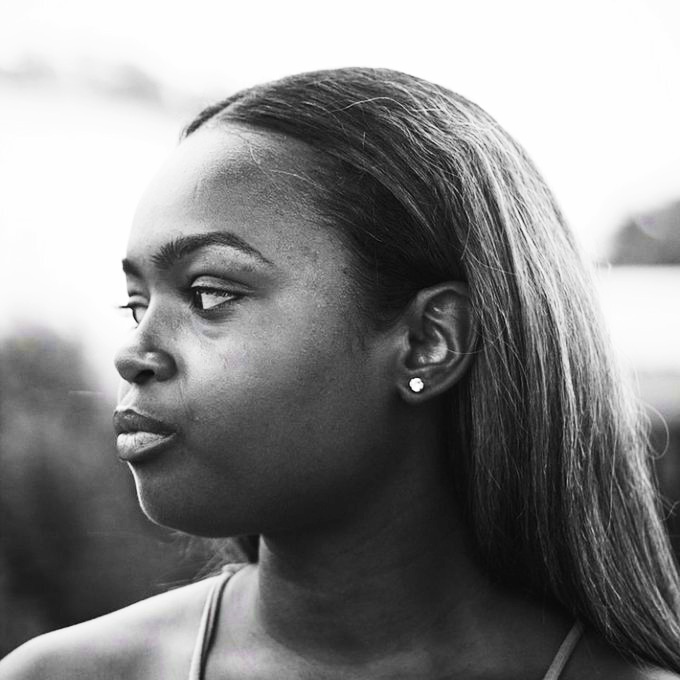Bresha Meadows Should Not Be in Jail
This week is a #FreeBresha action week for Bresha Meadows, the 15-year-old girl who was convicted of aggravated murder after she shot and killed her father, Jonathan Meadows while he was sleeping. Bresha Meadows and her family endured a significant amount of abuse and threats from her father. According to Brandi Meadows, Bresha's mother, (in a VICE interview), her husband constantly attacked Bresha Meadows and her siblings for years:
"He's cut me, he put a gun to my head, threaten to kill the kids in front of me..........I think she [Bresha] just was trying to protect us and to stop it because she's seen so much of it."
Meadows committed the crime in July of last year and placed in a pretrial detention center. She is STILL awaiting a trial hearing. The average length to stay in a pretrial detention center is 10 to 12 days, but Bresha Meadows had been in the detention center for 6 months. If Meadows is convicted, she will be in prison until she turns 21.
The case is one that clearly reflects the connection of sexual/domestic violence and criminalization of black girls in this country. It has become normalized that women and girls protecting themselves from in-home violence are perceived as criminals instead of victims. But black girls are sent to juvenile court at three times the rate than their white counterparts, according to the National Center for Juvenile Justice for the Office of Juvenile Justice and Delinquency Prevention. Additionally, 84 percent of girls in juvenile detention have experienced family violence.
As an 18-year-old black girl, I felt a personal obligation to be a voice for Bresha Meadows. She had to spend her fourteenth birthday in jail because she decided that she had had enough. I wonder how many black girls are sitting in jail cells because they simply had had enough of the hurt, pain, and abuse imposed by a stranger or someone in their own home. I wonder if the D.C. missing black girls whom the police say "ran away" were suffering under the same conditions as Meadows and decided that they had had enoug. Joan Little had had enough when she killed the jailer who was raping her in 1974. Ruby McCollum simply had enough when she killed her rapist in 1952. Those stories make Meadows the cultural descendant of a narrative that has plagued black females for years. She fought for herself because she felt that her emotional and physical harm was no being protected. The very person who is supposed to protect her from those harms is the one who caused it! Thus, the dilemma that conflicted Bresha Meadows was impossible to solve.
Furthermore, I wonder how many of those same girls were given some sort of mental treatment before entering their cell. Bresha Meadows certainly didn't. The magnitude and emotional impact of what Meadows did (kill her own father who was her abuser) is unfathomable. Meadows had to choose between love and her survival, and she chose her. It was only later that Meadows was taken to a medical center. That aspect of the case reveals how the justice system neglects the sanity of their inmates
Bresha Meadows doesn't deserve to be in jail. She belongs in school and with her family. Her story should create conversations about the intersection of domestic violence and the criminalization of black girls.

